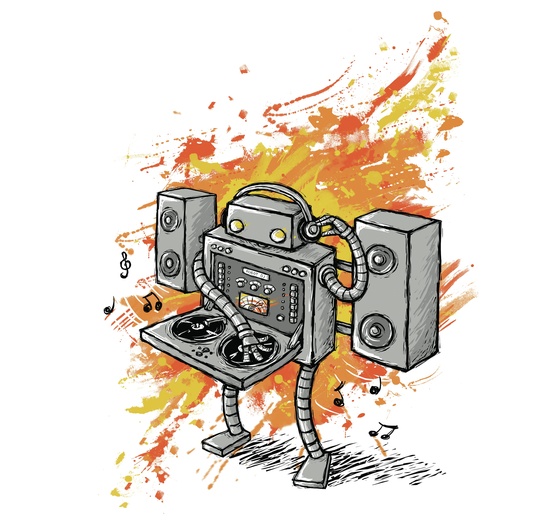Artificial intelligence (AI) has come a long way over the past decade and already some of these applications are outpacing the capabilities of their creators in various different fields, ranging from beating Go champions to outguessing cardiac surgeons. Some experts are even suggesting that AI willfully exceeds human intelligence within the next three decades.
The field of medicine has seen the great benefits of AI directly in many cases. Just recently s group of researchers forms the University of Nottingham, U.K. developed a machine learning algorithm that had the ability to predict a patient’s chances of having a heart attack or stroke. It turned out that the algorithm was more accurate than the guidelines issued by the American College of Cardiology/American Heart Association (ACC/AHA).
A similar situation occurred last December when a team from the University Hospital of Marburg‘s Centre for Undiagnosed and Rare Diseases utilized IBM’s Watson to sort through and analyze its patients’ data. The AI can predict how likely it is a patient will contract a certain disease in a number of seconds at an accuracy level just as good as a qualified doctor. It’s even been known to pick up on infection vectors that doctors have missed.
Watson has a very extensive patient intake form that may seem a bit much at first glance, but you’ll later realize why it’s so exhaustive. Tobias Muller of the Marburg Center advised, “We had one patient with inexplicable gut symptoms who, it turned out, kept an aquarium. He had caught the tropical disease bilharzia from his water snails.” Had Watson not have asked about pets as part of the patient intake form, doctor’s may not have diagnosed the patient until much later, allowing time for worse symptoms to occur.
AI has also learned to be competitive over the years too, especially when it comes to beating some of the world’s best Go players. Researchers over at Brigham Young University also managed to teach an AI to play a digital version of the prisoner’s dilemma. This is where two players get accused of a crime and if they cooperate they receive a lesser sentence of a year, but if they both rat on each other they get 2 years, or if only one turns the others get 3 years. The algorithm the team devised was dubbed S# and it soon learned that cooperation was the best option. Another area that AI has excelled in is knocking down building blocks. It may not have the actual arms or legs in which to do it, but it can accurately predict how the blocks will fall just as well as a human can.
But as fabulous as AI are most of the time, there are situations where it falls down too. For example, last May a Financial Times reporter went to head to head with a digital journalist named Emma that was from Stealth, an AI startup company in a story compiling competition. While the reporter managed to complete the task in 35 minutes, the AI was able to do it in just 12 minutes. It came up with quite a compelling story too. The problem was, however, that the AI missed the main point of the story.
Some of the world’s largest companies and most recognized universities are turning to AI and machine learning to boost productivity. Microsoft for one is working on an automatic translation AI that will transform your PowerPoint presentation into any language in real time. Baidu is also delving into the AI world with its SwiftScribe, an audio transcription app that allows the system to learn and improve based on any editing the user does. At the other end of the world, Oxford University researchers have developed a lipreading AI called LipNet (pdf) that is around 10 times more accurate than your average lipreader.
So, with all of these instances demonstrating that in some way or another AI a supersede human intelligence, should we be worried? Perhaps that’s the real question we should be asking…
More News to Read











